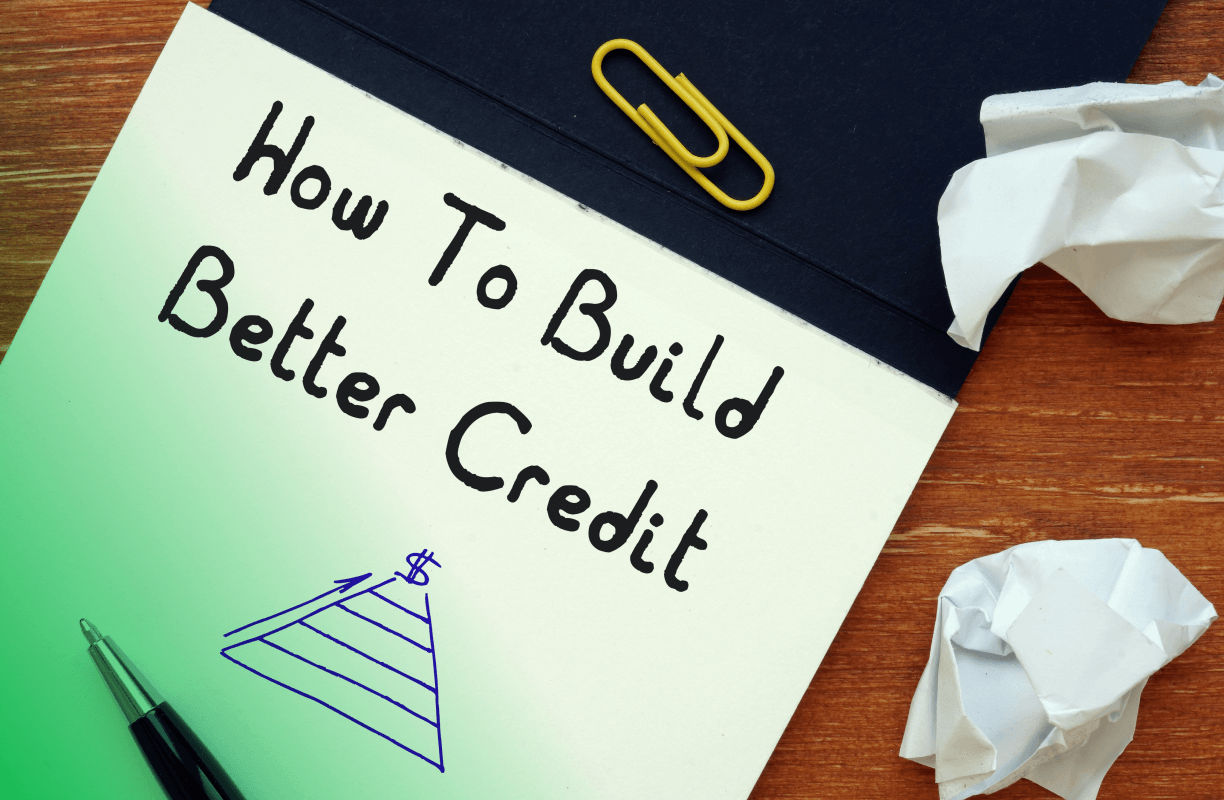You are now leaving the Bright website and entering a third-party website. Bright has no control over the content, products, or services offered, nor the security or privacy of information transmitted to others via their website. We recommend that you review the privacy policy of the site you are entering. Bright does not guarantee or endorse the products, information, or recommendations provided on any third-party website.
Building credit can be a bit frustrating for people who are new to the credit world. Most major milestones in life, like getting approved for a car loan or buying a house, require a credit history. However, if your credit score is low or non-existent, you might find it hard to get approved. Most credit cards require some sort of credit history in order to qualify.
How long does it take to establish credit if I have none?
Getting credit from scratch usually takes a long time. It can take up to six months before enough credit history is reported to credit bureaus to establish a credit score. This is why it’s important to start building credit before you actually need it.
While you’re working on building credit, remember to make sure that you maintain a steady flow of on-time payments and keep your balances low. Use your credit responsibly, and you’ll earn a good credit score, which is essential for your financial health.
How do I build credit with no credit?
It’s a Catch-22. It can be hard to get credit if you don’t already have credit.
If you're a frequent user of debit cards and have no need for a loan, having a low or no credit history may not be a problem. However, if you’re planning on renting an apartment, buying a car or leasing a house, having a thin credit file (aka low credit history) could prevent you from getting approved.
In contrast, having a strong credit profile can be very useful for buying insurance, opening a utility account, and even when you’re applying for a job.
Despite the hurdles, it’s possible to build credit from scratch - and getting started today could help you meet your financial goals in the future.
Here are five ways to start now:
1. Add yourself as an authorized user
One of the easiest ways to build credit is by getting added as an authorized user on a credit card from a family member or a friend. As an authorized user, you can take advantage of the primary account holder’s credit to establish a good credit history. With zero liability, this method is a low-risk strategy to build credit.
If you’re planning on building a strong credit profile, make sure that you don’t become an authorized user of a credit card account that has late payments or bad credit history. You’ll also want to make sure that you – and the primary account holder – both practice responsible behavior. Maintain a clear plan for how you’ll pay for the purchases you make with the card.
2. Apply for a secured credit card
If you have no credit history and are looking to build a stronger credit profile, applying for a secured credit card can be a great way to start. It can be easy to qualify for these cards even if your credit is poor or non-existent. Similar to an unsecured credit card, a secured credit card can also help you establish good credit, as long as you use them responsibly.
A secured credit card is a lot like an unsecured one: it gives you a credit limit, can sometimes pay rewards, can charge you interest on carried balances and add fees for late payments. The main difference between these two types of cards is that on a secured credit card, you make a security deposit, which can start as low as $49. For instance, if your security deposit is $300, then you’ll receive a $300 credit limit.
3. Consider a credit builder loan
A credit builder loan is similar to a secured credit card, except it’s in the form of a loan. For example, your bank offers you a small loan, which you use to buy a CD. The bank holds your CD for a year, and in that time, you make on-time monthly payments on the loan. At the end of the loan, you’ll own the CD, as well as a record of on-time payments.
Use this step as your last resort, and if you ever consider this step, make sure to look for low interest rates and a lender that reports good behavior.
4. Apply for a store card
A credit card issued by stores can be easier to qualify for than an unsecured credit card. These cards can also help you build credit while you‘re shopping.
Store credit cards typically charge high interest rates, so be on the lookout. Usually, it‘s best to pay the entire balance off each month to avoid any finance charges.
5. Report your rent payments
If you pay rent on time every month, those payments could help build credit. Unlike utility payments, rent payments are not automatically included in your credit report. However, you can request your landlord to report these payments to services like Experian RentBureau.
If your landlord isn’t interested, try working with third-party services that report rent payments to credit bureaus for you. But be aware that they may charge a monthly or annual fee for their services.
What are the benefits for building credit when you have none?
A good credit score is essential to securing loans and credit cards. A high credit score can help you get more favorable deals and avoid hidden fees.
Some of the benefits for building credit early are:
- Get approved for better loan rates.
- Qualify for credit cards with lower interest rates.
- Qualify for higher credit limits.
- Eligible for more housing options.
- Get approved for utility services more easily.
- Look better when applying for new jobs.



